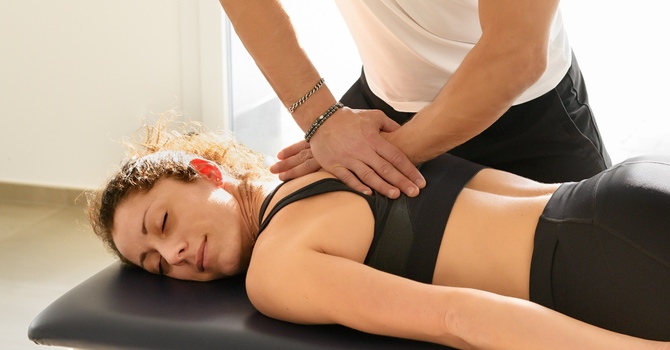
Hair loss after delivering a baby is very common. It usually starts to happen 1 to 4 months after delivery. You can lose hair evenly over the scalp or just along the front and sides of the hairline.
DON’T PANIC
The amount of shedding can be shocking – especially the first time it happens. However, between 6 months and 1 year the shedding often stops. Usually the hair returns to it’s normal thickness. Sometimes during pregnancy, the hair become thicker because shedding decreases. A lot of the hair shed after childbirth is just the excess hair from pregnancy that is shedding.
TESTING
Although postpartum hair loss is normal, it’s always important to rule out other causes of hair loss. Doing blood work to test thyroid function can rule out hair loss due to thyroid imbalances. Iron deficiency is a common cause of hair loss in women so iron levels should be assessed. Sometimes other tests can be run like androgens, FHS, LH and prolactin. The right testing all depends on your individual health history.
NATURAL APPROACHES
There’s not a lot of research on ways to treat hair loss after childbirth. In situations like this I look to traditional approaches that have been relied on throughout history. Here are a few popular approaches:
Protein, Zinc, Omega 3:
– Make sure you’re getting enough protein, zinc and omega 3 fatty acids in your diet. Sources of zinc include pumpkin seeds, yogurt, beans, lentils and sunflower seeds.
Topical Treatments:
– Applying castor oil in the hair can strengthen the hair and reduce shedding.
– Doing a vigorous scalp massage can increase circulation and promote hair growth. Massage with something that promotes circulation like ginger or essential oils. Talk to your naturopath about how to use topical treatments safely.
Biotin:
– Research is very limited on the effectiveness of biotin. Pregnancy can reduce biotin levels for some women. Alcohol, cigarettes and low good bacteria in the gut may reduce biotin levels as well.
– Liver is high in biotin. Other sources are milk, egg yolks and legumes. Raw egg whites block biotin absorption (cooked egg whites are fine).
– Supplements may be safe in lactation but there is not enough research to give it a full vote of confidence. Dietary sources are safer.
Other
– Women in some countries avoid using hair brushes and instead opt for a wide-toothed wooden comb. This may reduce hair breakage.
– Certain acupuncture points have been used to help manage postpartum hair loss.
As a naturopathic doctor, I enjoy helping women before, during and after their pregnancy journey. If you would like guidance on having a healthy pregnancy book an appointment or free 15-minute consult.
If you are interested in naturopathic services please contact Holland Landing Health Centre at 905-853-7900 or via e-mail at info@HLHC.ca.
Sources:
Hair diseases. Thomas P. Habif MD Clinical Dermatology, CHAPTER 24, 923-959
PMCID: PMC3884776

Admin
Contact Me



